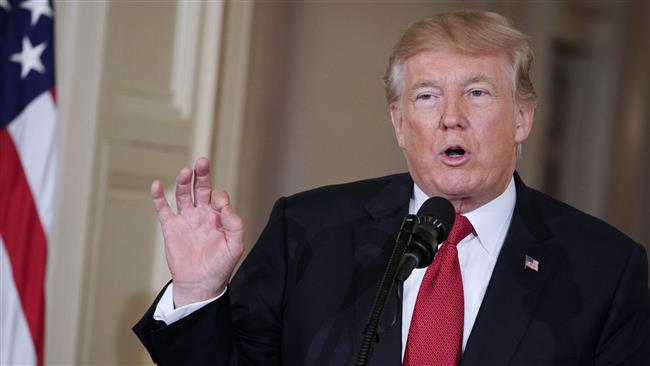
RNA - The tour, by UN representative Philip Alston, kicked off on Friday morning and will make stops in California, Alabama, Georgia, West Virginia, Washington DC and the US territory of Puerto Rico, Sputnik reported.
It will focus on social and economic factors resulting in the hardships endured by millions of citizens in a country that many believe is still the wealthiest.
"Despite great wealth in the US, there also exists great poverty and inequality," Alston said, by the Guardian.
In a 2016 state of the nation review, the Stanford Center on Poverty and Inequality ranked the US in last place in a list of the 10 most well-off countries, in terms of income and wealth inequality.
"There's a lot that Philip Alston can say about basic inequality that goes to the heart of the rights that he is reviewing," said Martha Davis, a law professor specializing in US human rights at Northeastern University.
The state of the nation review also found that the US was one of the worst offenders in terms of the ability of under-privileged families to lift themselves out of poverty, their American dream bursting like a soap bubble.
To address a wide range of crucial areas including social protection, healthcare, homelessness, racial discrimination, and basic social rights including the right to housing, water and sanitation, the UN Special Rapporteur will meet central and local government officials, nongovernmental organizations, people in need, and academic experts.
"I would like to focus on how poverty affects the civil and political rights of people living within the US, given the United States' consistent emphasis on the importance it attaches to these rights in its foreign policy, and given that it has ratified the International Covenant on Civil and Political Rights," Alston said.
According to David Grusky, director of the Center on Poverty and Inequality at Stanford, the visit has the potential to open the eyes of Americans on "what an outlier the US has become compared with the rest of the world."
Poverty experts are watching the UN tour closely in hopes that it will draw public attention to largely neglected and consistently painful truths of US society.
"I think it gives a really good opportunity to explore subject matter that is sometimes swept up under the rug a bit," said Joseph Cohen, the executive director of West Virginia's American Civil Liberties Union branch. "It's something that's not necessarily in front of us all the time, that we're not as a society considering.
Alston's preliminary observations and recommendations will be announced in Washington DC on December 15 at the UN Information Center, and then presented as a full report to the UN human rights council in Geneva in June 2018.
According to the US Census Bureau's latest statistics published this September, almost 41 million Americans, about 13 percent of the nation's citizens, live in poverty.
847/940